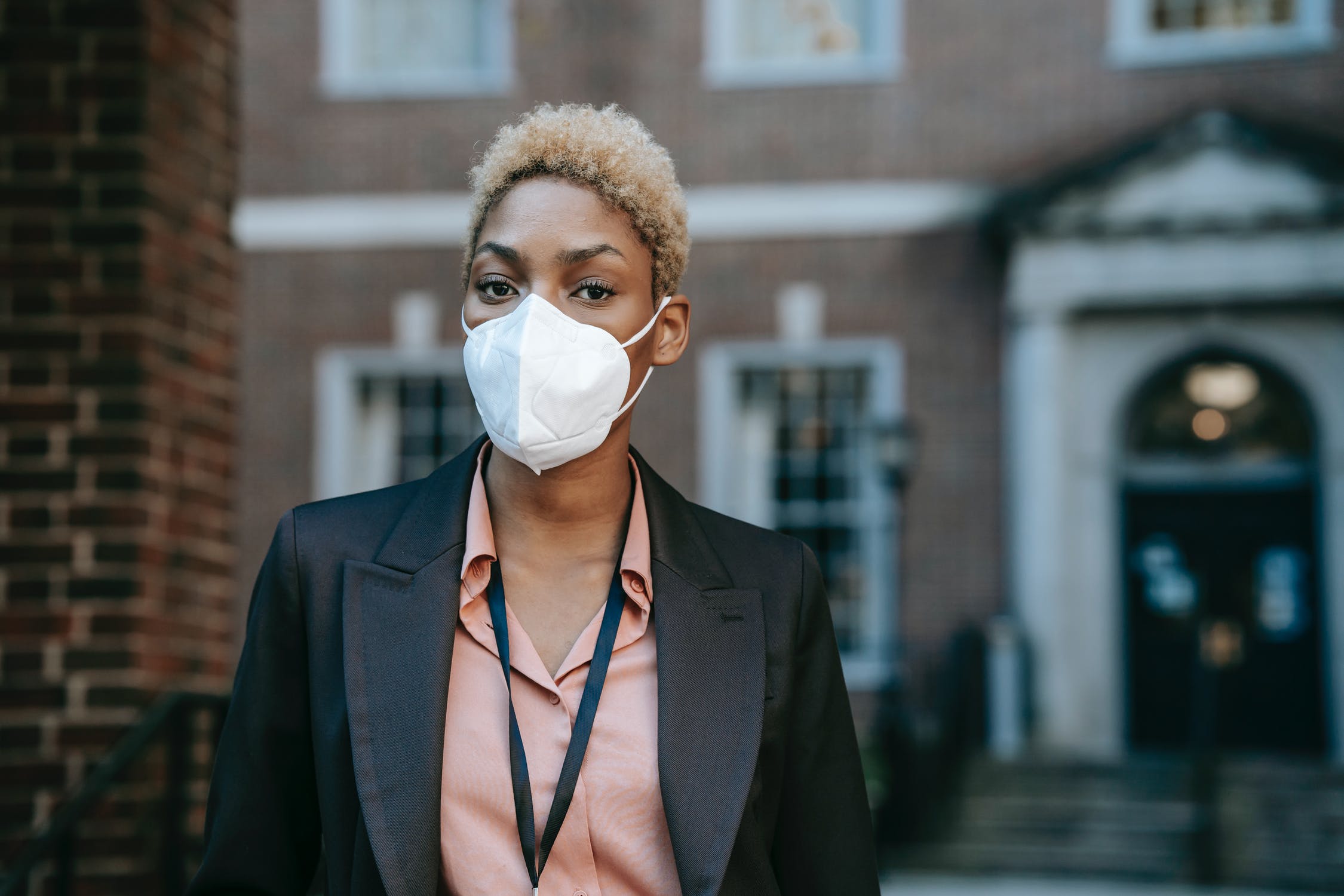The COVID-19 restrictions are loosening thank to the high efforts on mass vaccination. This is especially beneficial for businesses all around the world as the financial effects of the pandemic have been unbearable. On the other hand, the new normal can take some time to be familiar with. Again, this is a crucial topic that business owners should give attention to. We are getting close to the end of a global pandemic. However, it is not over yet. Business owners and employers should be certain that their workers’ health is guaranteed. The normalisation process has started in many countries. This means, many workplaces will start working in full capacity. Which can be a great chance for the ones suffering the financial difficulties of the pandemic. On the other hand, worker rights shouldn’t be forgotten. It is good to remind that injured or infected workers can claim compensation and sue their employers if the employer ignored his/her duties and failed to protect workers from the infection.
Workers should be protected from the infection as stated in the laws
Although painful effects of the coronavirus pandemic have been wearing off, the pandemic is still here and likely to exist more if we disregard this fact. Businesses all around the world were struggling with ongoing restrictions. This affected almost all of us. Governments announced stimulus packages to deal with the situation and relieve the financial difficulties. However, this increased inflation and specifically, the third-world countries were terribly affected. It is good that the recovery process has just begun. Although it will take some time to reach a better welfare level, the stressful days are almost over.
Fortunately, we are getting back to work. Although this is mostly great news for us, the business places should remind their legal obligations. Under the personal injury laws, the workers and the customers should be hosted in a safe environment. With the latest additions to the laws, personal injury laws now contain COVID-19 exposure. With the pandemic, nearly all aspects of workplace safety regulations were re-designed. This includes the social distancing rules, the hygiene standards and the alternate work schedules.
Duties might be hindered after the long process of lockdowns and remote working. However, they shouldn’t be. A small breach of duties can lead to an unexpected yet lethal workplace accident. In addition to the previous workplace safety rules, workplaces should now be suitable for the new pandemic hygiene standards. As an example, among the most common mistakes the employers do during the pandemic, the most obvious ones are the application of hygiene standards and capacity regulations. Depending on what country and state you are in, you might be obliged to manage the visitor and worker circulations in your workplace. If failed,the infected worker can claim compensation as the medical situation of the worker is worsened due to the employer’s negligence.
Businesses’ duty of care to the visitors
Your business place should be safe just as before the pandemic. At the same time, new pandemic regulations should be applied to provide safety. Worker rights and civilian rights should be valued equally by the business. The duty of care enforces businesses to maintain safety in the business place. However, these duties should be performed correctly. As seen in many examples, accidents in public places occur from preventable causes. Such as water leakages, slippery floors, trip and falls due to inordinate business places and electrical failures. Accidents can sometimes occur out of nowhere. The business’s duty is to minimise the odds by taking necessary care. As an example, if the electric heaters are malfunctioning, these objects should be removed from the service area or should be fixed permanently. Failing to do so is a breach of duty of care. In a similar situation, the business place might need to pay for the victim’s economic and non-economic loss.

